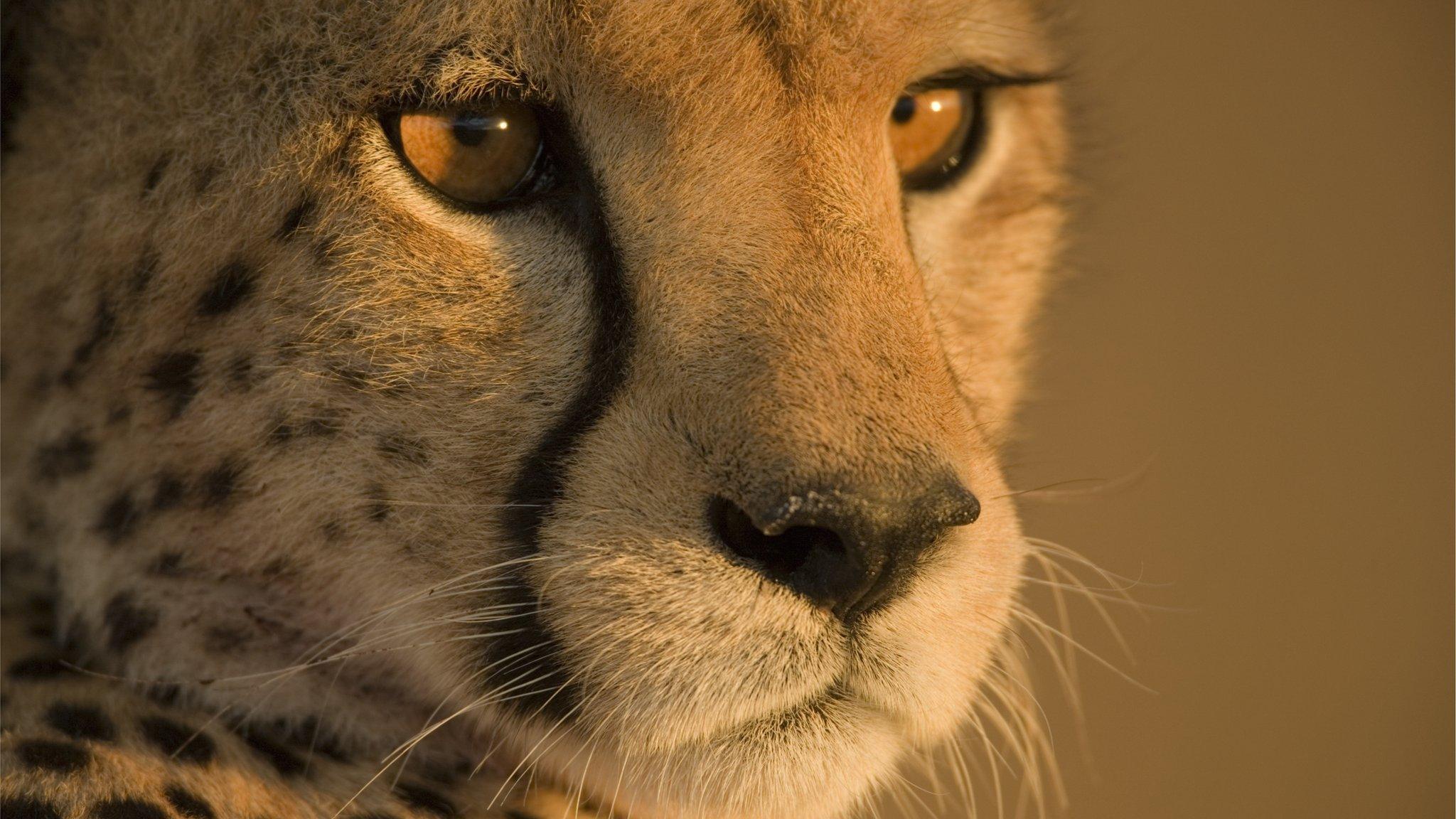Researchers say mammals in social groups live longer
- Published
- comments
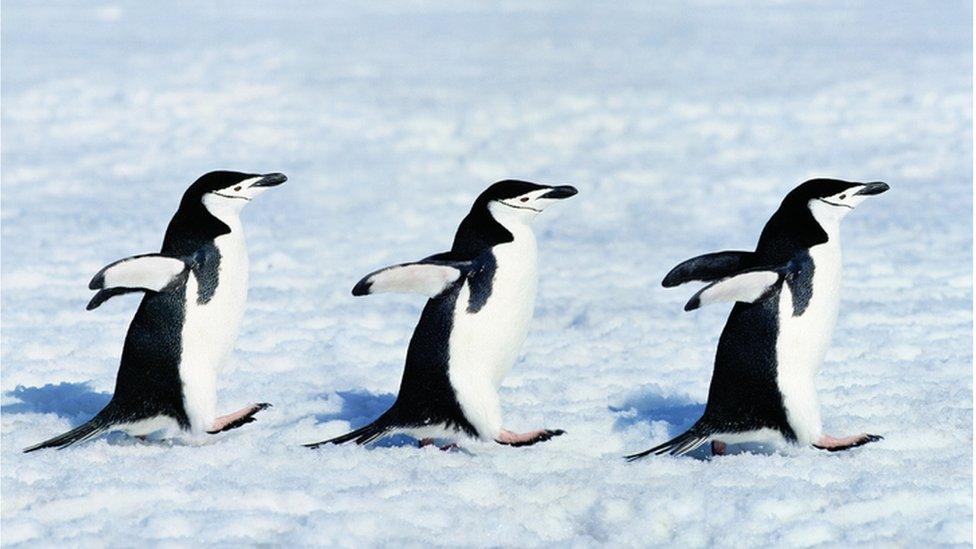
Did you know that for lots of animals, it's better to live in a group?
Scientists think mammals that live socially are more likely to live longer.
They looked into nearly 1,000 different animals and found the ones that live in groups or packs tend to survive longer than those that live alone.
They also noticed 31 special genes in 97 of the animals, that were linked to longer life.
Do you know the names for different groups of animals? Why not try our quiz further down the page, and let us know how you did in the comments!
Why is it better for animals to live in groups?
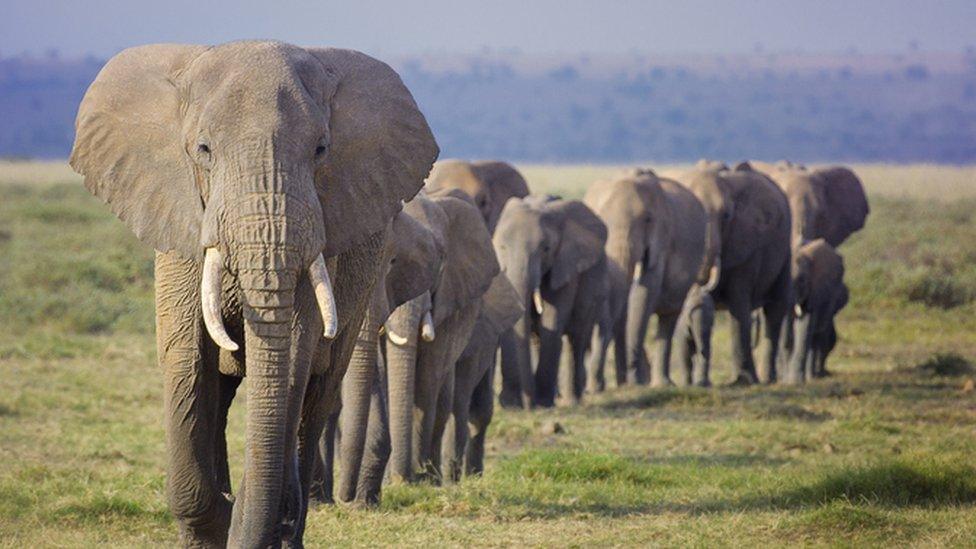
These elephants are happy to live together as a team!
Scientists from China and Australia looked at nearly 1,000 mammal species and discovered that the social ones tended to live the longest!
Animals that live in groups, like elephants and zebras, tended to live longer than ones that live alone, such as the Eastern chipmunk.
They found that group living helps animals fight off predators and find food. Animals in groups often form "strong social bonds", according to the research.
This is not a new discovery, in the past scientists have found that baboons and macaques are happier living together, but this is on a much bigger scale.
Let us know how you did in the comments at the bottom of the page!
What animals tend to live alone?
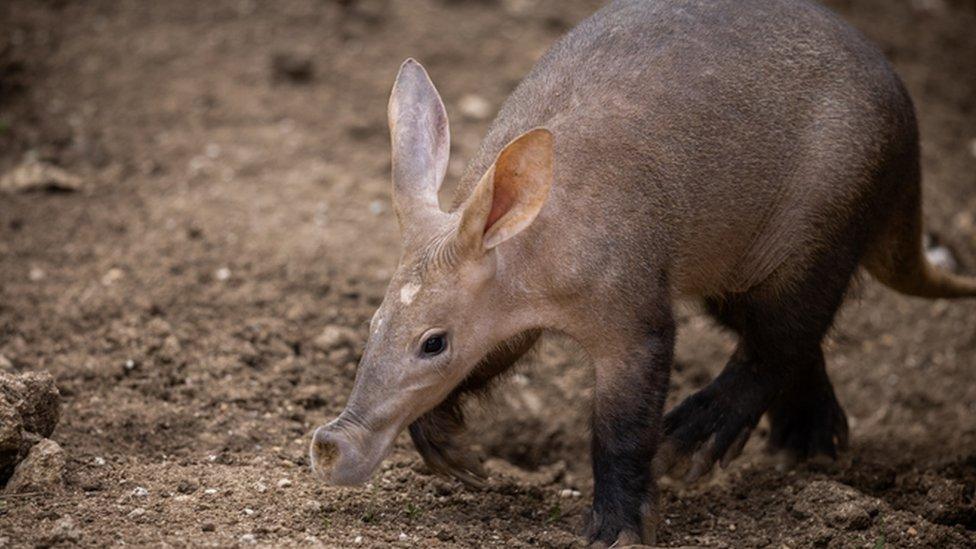
The aardvark doesn't tend to hang out with many friends!
Solitary animals, meaning animals that live alone, include the aardvark, the Eastern chipmunk and the northern short-tailed shrew.
For the shrew, they compared it to the greater horseshoe bat, which is a similar size and weight. These bats tend to live in groups, and interestingly live much longer than shrews!
The researchers said that even if an animal doesn't live with other creatures of it's own species, it will end up having to encounter them eventually.
"Whether you're a solitary animal or a group-living animal, you have to learn to live with others" they said, explaining that animals may as well group together and work as a team to survive, as they would have to interact with each other anyway!
Genetic discovery

Genes are made up of DNA - the special code that carries all the instructions a living thing needs to function
The scientists discovered that for 94 of the species they looked at, there were 31 special genes which were associated with living longer and living sociably.
Genes carry information about a living thing, such as an animal, and they're passed on when they reproduce.
Keen to learn more about nature? Why not check out this week's Your Planet.
- Published31 January 2023
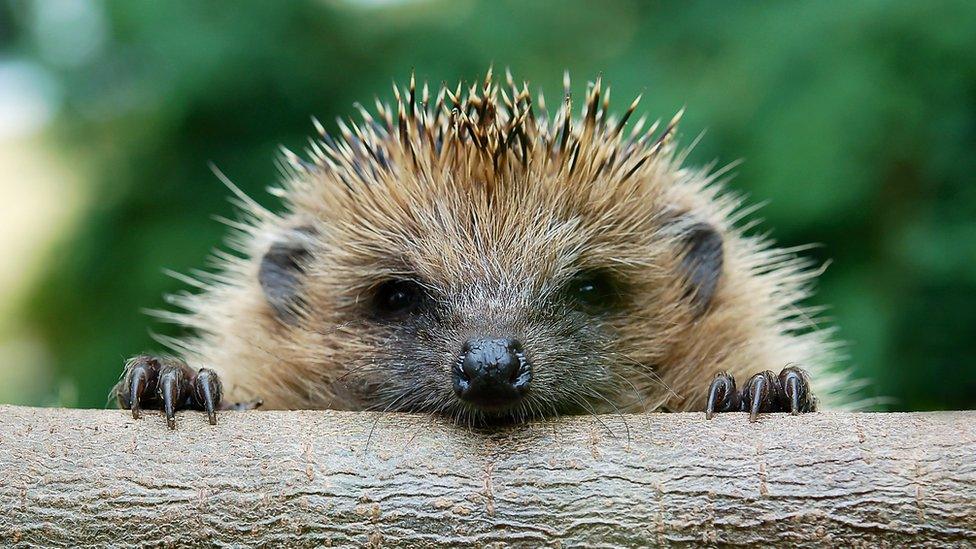
- Published30 January 2023
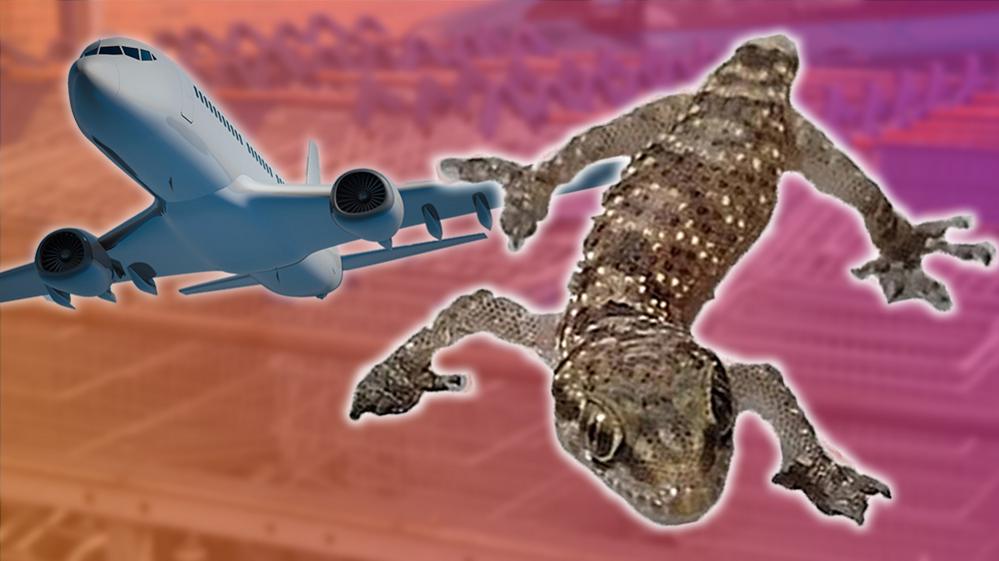
- Published30 January 2023
